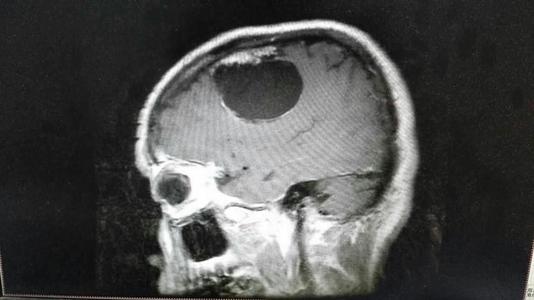Food and Nurtition after meningioma surgery
- Normal Liver Cells Found to Promote Cancer Metastasis to the Liver
- Nearly 80% Complete Remission: Breakthrough in ADC Anti-Tumor Treatment
- Vaccination Against Common Diseases May Prevent Dementia!
- New Alzheimer’s Disease (AD) Diagnosis and Staging Criteria
- Breakthrough in Alzheimer’s Disease: New Nasal Spray Halts Cognitive Decline by Targeting Toxic Protein
- Can the Tap Water at the Paris Olympics be Drunk Directly?
Food and Nurtition after meningioma surgery
Food and Nurtition after meningioma surgery. Diet is the material basis for human survival, and dietary misunderstandings often cause many diseases.
Diet is the material basis for human survival, and dietary misunderstandings often cause many diseases. Many people “do not know how to eat” or “not good at eating”. Cancer patients should know the “how to eat” and “what to eat” issues.

Fat: the nutrient element most related to cancer
Diets with high levels of total fat, animal fat and/or saturated fat may increase the risk of cancer in the lung, colon, rectum, breast, prostate, etc. Diets with high levels of animal fat and/or saturated fat may also increase The risk of endometrial cancer, diets with high cholesterol levels may increase the risk of lung cancer and pancreatic cancer. At the same time, a high-fat diet will increase the risk of obesity, and obesity will increase the risk of cancer.
Carbohydrates (sugars): There are both positive and negative effects
Diets with high refined starch content may increase the risk of gastric cancer, colon cancer and rectal cancer; diets with high starch and dietary fiber content can reduce the risk of colon and rectal cancer.
The possible mechanism that sugars can reduce the risk of certain cancers. If dietary fiber, resistant starch, and a variety of oligosaccharides are used by bacteria in the large intestine, they can cause the proliferation of intestinal flora, increase the volume of stool, and regulate the epithelium of the colon Cell renewal. Another effect is to combine with bile acid to increase stool volume, thereby diluting the concentration of carcinogens, and ultimately reducing the risk of colon cancer.
Protein: Not enough evidence has been found to show a correlation
High protein intake and animal protein intake are related to the risk of breast cancer, but only a few case-control studies support this finding, and some evidence suggests that high intake of animal protein may increase the risk of breast cancer. But the evidence is insufficient.
There is ample and consistent evidence that high intake of β-carotene and vitamin C can reduce the risk of cancer in different parts of the world. Diets high in β-carotene may reduce the risk of cancer in the lungs, esophagus, stomach, colon, rectum, breast, and cervix. Diets high in vitamin C may reduce the stomach, mouth, pharynx, esophagus, lungs, and pancreas. And the risk of cancer of the cervix.
(source:internet, reference only)
Disclaimer of medicaltrend.org



